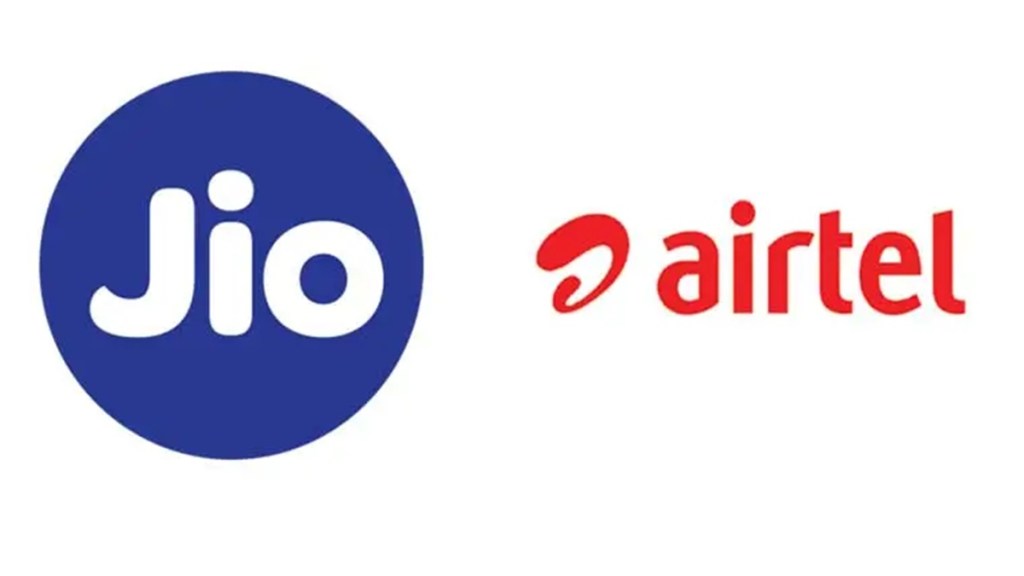A day after Bharti Airtel inked a deal with Elon Musk’s SpaceX to bring Starlink’s satellite Internet services to India, Jio Platforms followed suit, signalling a strategic shift in the satcom landscape. With both major telecom players — each having their own satellite ventures — now collaborating with a firm once considered a formidable rival, the long-standing regulatory tussle over spectrum allocation appears to be over.
The Telecom Regulatory Authority of India (Trai) is currently working on recommendations for administrative pricing of satellite spectrum, aligning with global norms where satellite spectrum is shared among multiple operators instead of being auctioned. Both Jio and Bharti Airtel had previously advocated for an auction-based allocation to ensure a level-playing field. However, with these Starlink partnerships, the industry is unlikely to see further opposition or litigation that could delay progress.
Jio Platforms’ agreement with SpaceX is similar to Airtel’s pact, subject to regulatory approvals.
The partnership will enable Jio to offer Starlink solutions through its extensive retail and online distribution network. This downstream distribution agreement suggests both telecom majors aim to leverage Starlink primarily for enterprise customers.
Under the agreement, Jio will provide Starlink equipment through its retail outlets and establish a dedicated support mechanism for installation and activation. The move complements JioAirFiber and JioFiber by extending high-speed Internet to underserved regions quickly and affordably, the company stated.
So far, the two telecom players were at odds with SpaceX over the method of satellite spectrum allocation and licensing rules. Jio had earlier urged Trai to reconsider an auction-based allocation for satellite spectrum, fearing that firms like Starlink could encroach on their premium urban customer base. However, with both Jio and Airtel now embracing Starlink, resistance to the administrative allocation of spectrum seems to be over, clearing the way for swift regulatory approvals.
The government is still evaluating Starlink’s application for a licence, including security clearances. Sources indicate that Starlink has accepted key conditions such as local data storage, a prerequisite for launching satellite broadband services in India. Additionally, the ministry of home affairs and security agencies are currently reviewing the application.
Jio’s partnership with SpaceX comes despite its existing joint venture with Luxembourg-based SES for satellite Internet services. While SES operates over 70 satellites, Starlink boasts a constellation of more than 7,000, giving Jio access to a more competitive offering in the satcom market.
“Our collaboration with SpaceX to bring Starlink to India strengthens our commitment and marks a transformative step toward seamless broadband connectivity for all,” Mathew Oommen, group CEO of Reliance Jio, said.
By integrating Starlink into Jio’s broadband ecosystem, the company aims to enhance accessibility and reliability in an AI-driven era, empowering businesses and communities across India, Oommen added.
“We are looking forward to working with Jio and receiving authorisation from the government to provide more people, organisations and businesses with access to Starlink’s high-speed internet services,” Gwynne Shotwell, president and COO of SpaceX, said.
Analysts said that despite initial regulatory resistance, the Jio and Airtel partnerships with Starlink are strategically beneficial. The success of the venture will hinge on Starlink’s pricing strategy for the Indian market.








